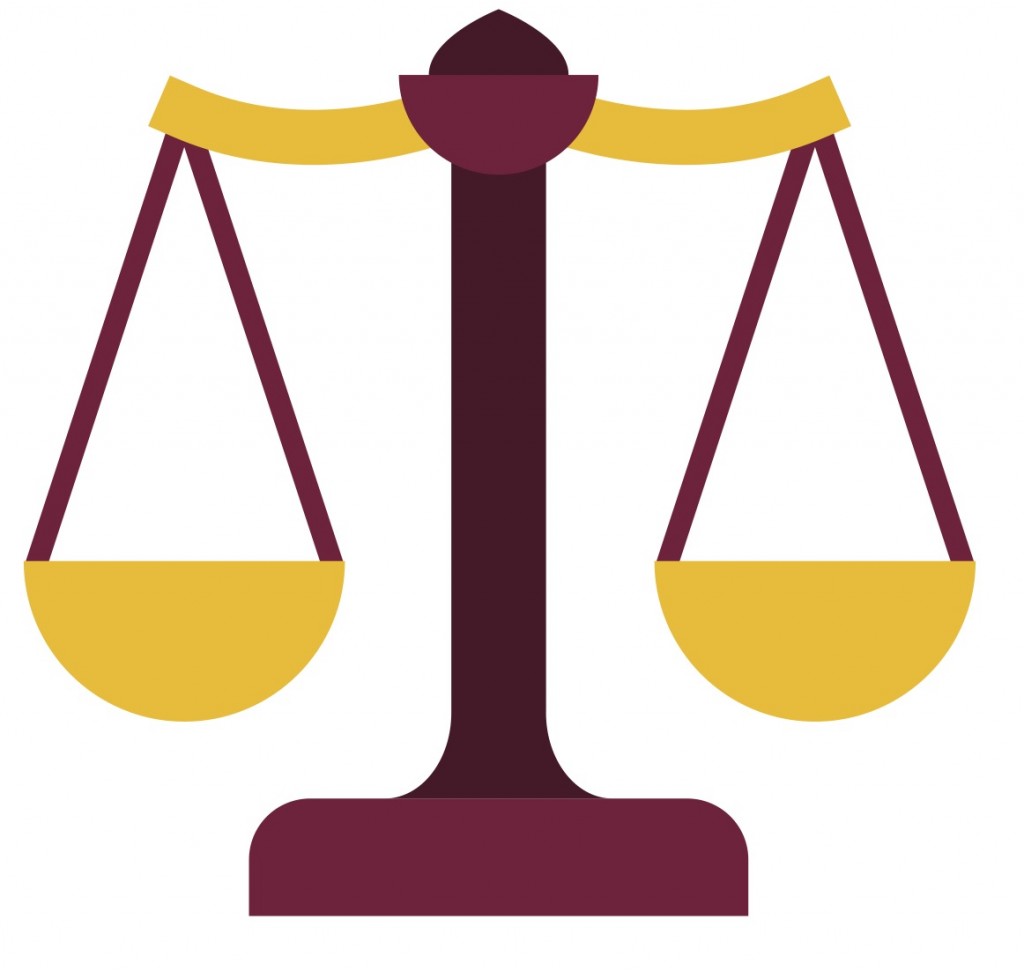BY KAHLA STATEMA Staff Reporter
If a university employee or student violates the code of conduct, action must be taken and consequences will be enforced.
Because the relationship between UMD and its employees is different than it is with its students, there must be different policies for the two.
For both university employees and students, the Board of Regents policies apply to anything that directly affects the university occurring on or off campus.
UMD recognizes the University of Minnesota Board of Regents Code of Conduct Policy. It applies to members of the Board of Regents, faculty, staff and any other person employed through the University.
According to the code of conduct for university employees, one must be “committed to the highest ethical standards of conduct and integrity.”
More specifically, UMD faculty are governed by the University Education Association (UEA). The UEA has their own contract.
Conduct that is covered in the UEA contract includes harassment and discrimination.
“If you’re representing a university, it’s supposed to be done in an appropriate way,” John Hamlin, the president of the UEA in Duluth, said.
“With regards to a faculty or staff member’s behavior, what the institution is interested in is anything that affects their employment or maybe affecting the rest of the campus community,” director of marketing and public relations Lynne Williams said.
If someone has a concern about an employee, here is how the situation is addressed:
REPORTING A UNIVERSITY EMPLOYEE
- File a report: “If a student had a concern about a faculty or staff member, either on or off campus, there are a couple ways in which they could submit that,” Williams said. “The standard and confidential ways to do so would be through EthicsPoint.”
When using EthicsPoint, one should report any situation which they believe violates law, regulation, government contract, grant requirement or university policy.
Any incident that creates a threat towards the “safe, respectful and diverse campus climate” at UMD should be reported on the UMD Campus Climate website, whether you are a victim or an observer.
- Follow-up and investigation: Once reported, the proper authority completes a follow-up with the respondent and an investigation is conducted.
“You have to make sure you’ve gone through performance reviews, you’ve gone through work plans, you’ve documented, you’ve done thorough investigations and you’ve allowed that person a chance to give their side of the story,” Williams said.
According to the UEA contract, the respondent will be given a written notice that states the proposed disciplinary action.
- Meeting: Next, a meeting will be held to discuss any punishments.
“If a faculty member is accused of something, they can be punished, and that punishment can be as simple as a letter in the file that says, ‘This happened and you were told never to do this again,” Hamlin said.
Because faculty at UMD are unionized, there must be just cause in order to determine disciplinary action. Just cause is defined as a reasonable and lawful ground for action.
“The institution never does anything on a whim. There’s always a lot of reasoning behind it, there’s always a lot of just cause behind it,” Williams said.
Disciplinary actions that can be taken include a written reprimand, suspension and dismissal.
“If a faculty member is accused of something, they can be punished, and that punishment can be as simple as a letter in the file that says, ‘This happened and you were told never to do this again,” Hamlin said.
Following the Faculty Code of Conduct there is the Board of Regents Student Conduct Code.
As stated in the Student Conduct Code, if any student or student organization commits or assists another person or group to commit any misconduct, then there are disciplinary actions that must be taken as well.
Forms of student misconduct include academic dishonesty, harm to a person, disorderly conduct, bullying, sexual assault and more.
Here is the process when reporting a student:
REPORTING A STUDENT
- File a complaint: To report a student who might be violating the Student Conduct Code, a complaint must be filed with the Office of Student Conduct.
- Meeting: The student will receive an allegation letter and an administrative meeting will be held.
- Sanction: A sanction is assigned to be completed by a student.
If a student fails to complete the assigned sanction, a conduct hold will be put onto their student account. If a student wishes to appeal the sanction, it must be done within five days of the initial outcome.
Sanctions include a warning, probation, suspension and expulsion.
“If you’re privileged to have certain information, I believe that in our human nature we need to do something about it,” Williams said.
Whether you’re a student or a University employee, if you have information about someone that you feel should be investigated, report it to help keep the UMD community safe.


